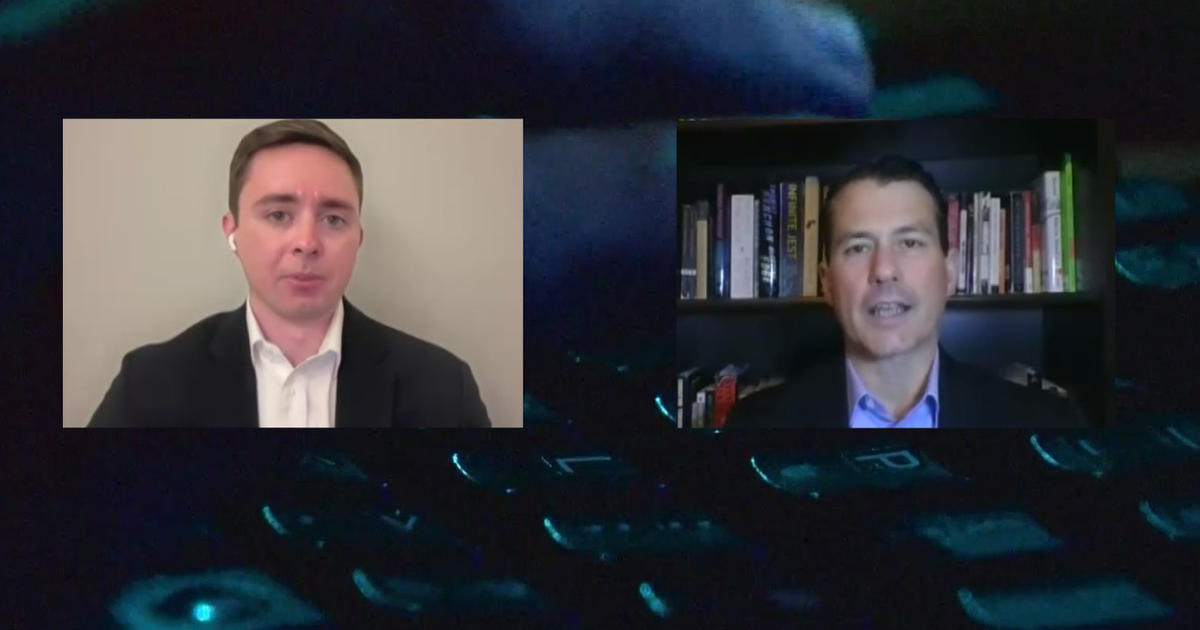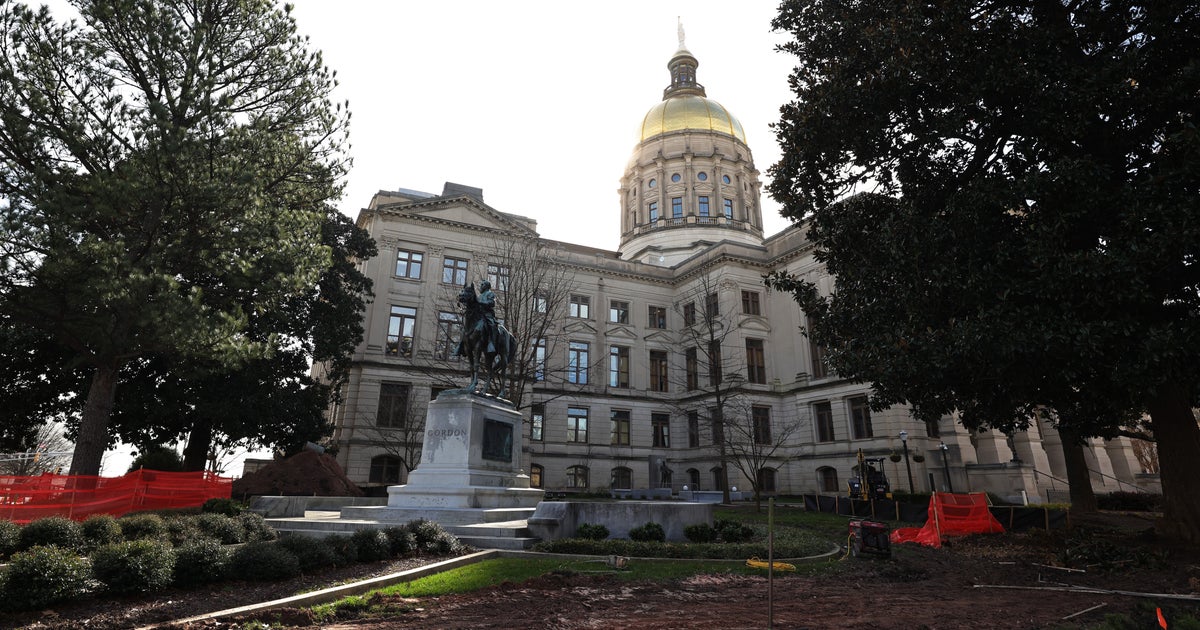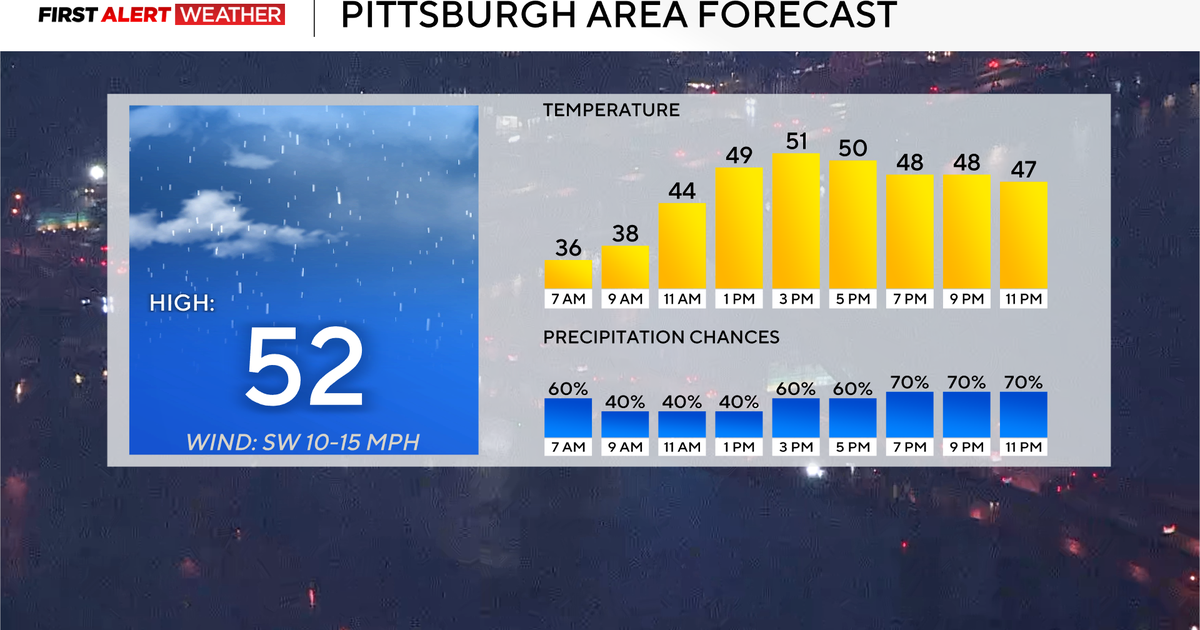Scientists Meet With Gov. Scott To Warn Of Climate Change
TALLAHASSEE (CBSMiami/NSF) - Amid questions about his views on global warming, Gov. Rick Scott on Tuesday met with five Florida scientists who urged him to prepare the state for the coming challenges posed by climate change.
They spent their 30-minute appointment with the governor going over evidence that the earth is warming and sea levels are rising as a result.
"It's going to be a different planet for our children," said Jeff Chanton, an oceanography professor at Florida State University.
"You're at the helm," David Hastings, a professor of marine science and chemistry at Eckerd College, told the governor. "We're looking for leadership."
The scientists asked Scott to act quickly to reduce greenhouse-gas emissions and to expand the state's commitment to energy efficiency and alternate sources of power, such as solar.
Scott, a Republican running for re-election, said little, other than to ask whether the professors' students were getting jobs in Florida.
"He didn't reflect on the science," Hastings said afterward. "So he asked modest questions, but he did not ask questions that reflected his understanding of the material."
The meeting came after Democratic gubernatorial candidate Charlie Crist, who during an earlier stint as governor took action to curtail climate change, met with the scientists and embraced their message.
In 2010, during his first run for office, Scott said he wasn't convinced climate change was man-made. Since then, when asked how he'd handle the problem, he's said he's "not a scientist."
That's why scientists --- oceanographers, marine biologists, geologists and chemists at Florida universities --- wrote Scott in July, "We are scientists and we would like the opportunity to explain what is at stake for our state."
They warned that "Florida is one of the most vulnerable places in the country with respect to climate change, with southeastern Florida of particular concern."
Also, they wrote, Florida must submit a plan to the U. S. Environmental Protection Agency by the end of the year, explaining how the state plans to reduce its greenhouse-gas emissions 38 percent by the year 2030, as required by the Obama Administration's Climate Action Plan.
At Tuesday's meeting, they used graphs and charts to show Scott how temperatures, sea levels and greenhouse-gas emissions have risen since the pre-industrial age. They told him Florida's barrier islands were being swallowed by the ocean and that salt water was rising in the streets of Miami Beach.
They also told him the response to climate change could offer a unique opening to Florida's economy, by spurring the growth of renewable-energy technology and businesses.
"There are tremendous business opportunities here in Florida," said John Van Leer, an associate professor of ocean sciences at the University of Miami. "Massachusetts has pitiful sunlight compared to Florida, but they've got (80,000) to 90,000 solar workers in Massachusetts."
Van Leer also said a delayed response to climate change would be costly in the fiscal sense. "The longer you wait, the cost of the solution goes up about 40 percent a decade," he said.
Scott did not take questions after the meeting. Earlier in the day, speaking to reporters after a Cabinet meeting, he said, "What I'm looking forward to with the scientists today is listening to their solutions. That's what our citizens care about. Being in business, you have to solve problems, so…"
The News Service of Florida's Margie Menzel contributed to this report.
RELATED CONTENT:







